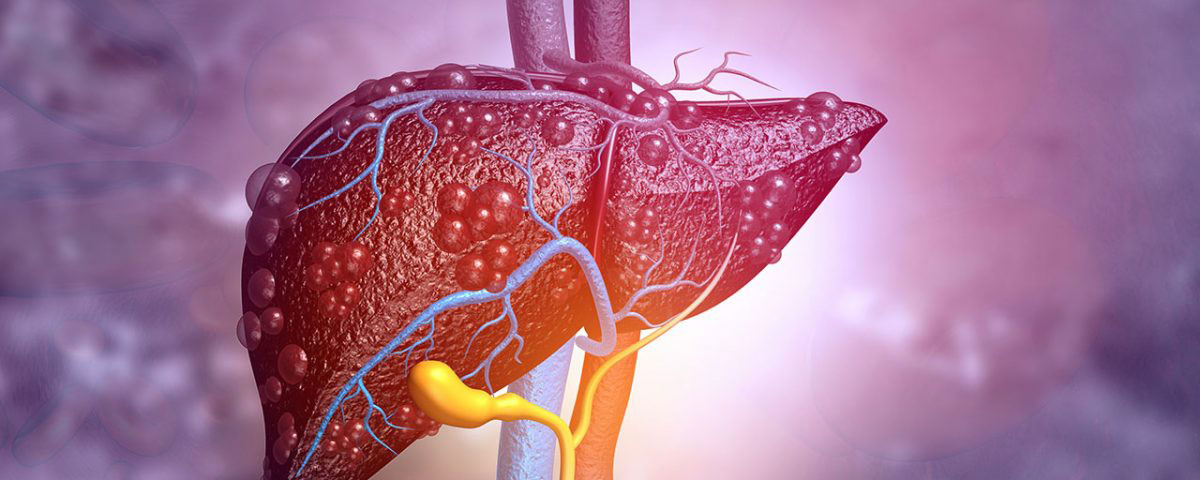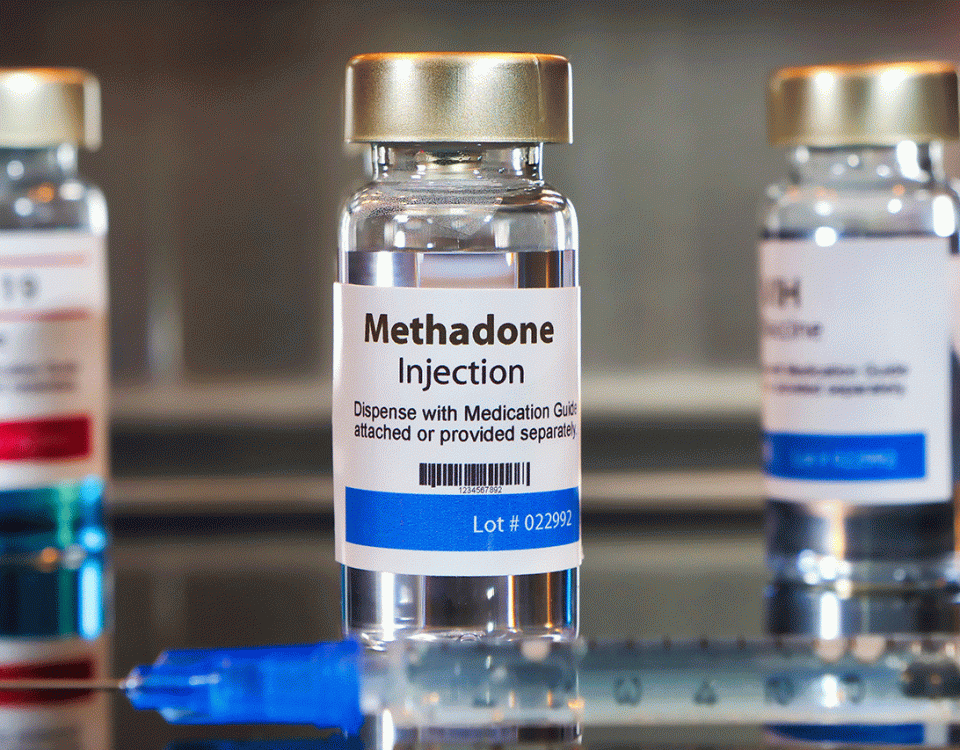Our Banyan rehab in Texas is well aware of the effects alcohol abuse can have on a person’s physical health. Binge drinking can cause problems in your relationships, work, school, and in every other area of your life. A severe decline in health is also associated with long-term alcohol abuse. Alcohol has both short and long-term effects on the body that can result in a variety of physical repercussions. While many people are aware of the connection between liver damage and alcohol, not everyone is aware of the full list of diseases caused by alcohol.
Alcohol-Caused Diseases That Can Be Cured
While there is a long list of diseases caused by alcohol, fortunately, some of them are treatable and curable. These include:
- Acute alcoholic hepatitis: Alcoholic hepatitis occurs when the liver is inflamed as a result of drinking alcohol. This condition causes yellowing of the skin, fever, and accumulation of fluid in the stomach, and can lead to kidney or liver failure. If the person doesn’t stop drinking upon discovering the initial signs of alcoholic hepatitis, they increase their risk of developing more serious alcohol-related diseases.
- Alcoholic fatty liver disease: Because the liver is responsible for breaking down most of the alcohol a person consumes, alcohol abuse or chronic binge drinking can damage the liver and prevent it from working properly. Overconsumption of alcohol can damage liver cells and cause inflammation. This condition is a common sign of chronic liver disease.
- Alcoholic gastritis: Alcoholic gastritis occurs when binge drinking or alcohol abuse begins to eat away at the stomach lining. This can cause severe pain, nausea, vomiting, and a bloated abdomen. Although alcoholic gastritis can be reversed if the person stops drinking, failing to do so can cause tearing of the stomach lining and more.
- Cardiomyopathy: Alcoholic cardiomyopathy occurs when long-term alcohol abuse causes the heart muscle to thin and weaken, making it difficult to pump blood throughout the body. If a person continues to drink, this condition can worsen and become congestive heart failure.
- Hypertension: Hypertension is the formal word for high blood pressure. While this may sound like a common condition, it can result in heart failure or further cardiovascular disease if left untreated. A person who experiences hypertension caused by alcohol abuse can improve if they stop drinking.
However, while there are treatment options available for the conditions listed below, it doesn’t mean that abusing alcohol or binge drinking is safe. A person who finds themselves dependent on alcohol and undergoes both an alcohol detox and addiction treatment has a higher chance of recovering from and avoiding the alcohol-related diseases mentioned above. The longer a person abuses alcohol, the more likely they are to develop chronic and life-threatening diseases.
Chronic Diseases Caused by Alcohol Abuse
Although some alcohol-related diseases are treatable and curable, others are, unfortunately, permanent. Below is a list of diseases caused by alcohol that can be treated but not cured:
- Alcoholic Cirrhosis: Alcoholic liver cirrhosis refers to the hardening and build-up of scar tissue in the liver. It’s a stage of liver disease that causes the liver to stiffen, preventing it from working properly.
- Alcohol-Induced Pancreatitis: Pancreatitis occurs when the pancreas is inflamed. Chronic pancreatitis is a common result of long-term alcohol abuse. While there are ways of treating symptoms, most, if not all, people with this condition permanently struggle with pain and inflammation.
- Hepatic Encephalopathy: This is a fatal brain disorder that can be caused by long-term liver problems. It affects sleep, mood, personality, and mental function, plus it can cause anxiety and depression.
- Liver Cancer: One of the most life-threatening diseases caused by alcohol is liver cancer. Because alcohol is mostly processed in the liver, it’s no wonder that long-term alcohol abuse can lead to liver cancer. A cancerous liver will be stiff, scarred, and inflamed.
- Wernicke–Korsakoff Syndrome: One of the many effects of alcohol on the brain involves problems with memory. Wernicke–Korsakoff Syndrome is a brain disorder caused by a thiamine deficiency, which is common in heavy drinkers. People with this condition may experience memory loss, loss of cognitive ability that can lead to coma or stroke, visual disturbances, and psychosis, such as anxiety and paranoia. Like many other brain diseases caused by alcohol abuse, Wernicke–Korsakoff Syndrome is treatable but not reversible.
Our Texas Alcohol Rehab Can Help
While there are a variety of chronic diseases and conditions related to alcohol use, alcohol addiction is the most common. Alcoholism is a chronic disease that is characterized by a mental and physical dependence on alcohol. Individuals with this disease are so caught up in a cycle of drinking that they’re often unable to quit without professional support.
If you or someone you care about is battling alcohol addiction, don’t wait until one of the diseases we mentioned occurs. Banyan Treatment Centers Texas offers residential rehab for addiction that separates patients from outside distractions and temptations and offers them medically-supervised care to support physical and mental recovery.
Call Banyan today at 888-280-4763 or send us your contact information to learn how our Texas addiction treatment can help you or a loved one get sober.
Related Reading:









